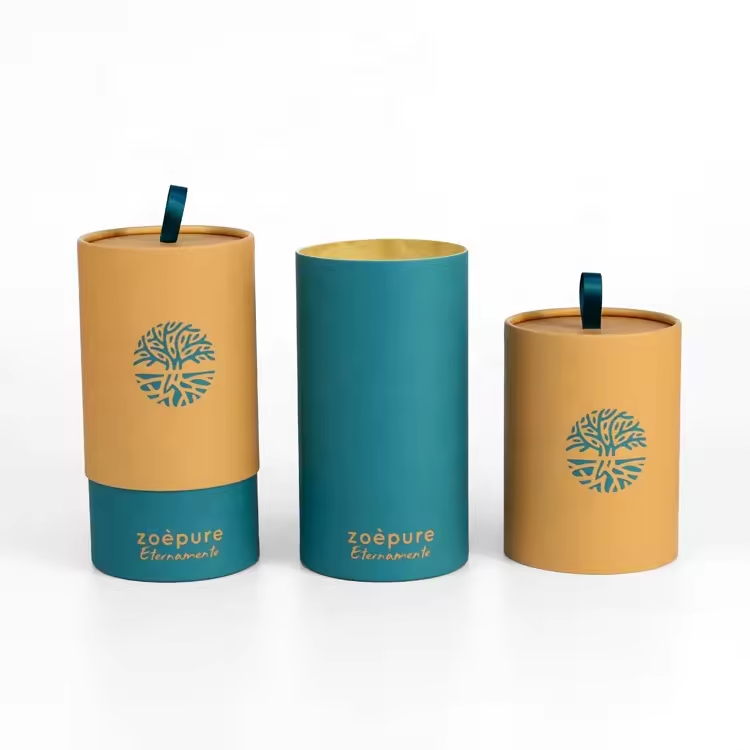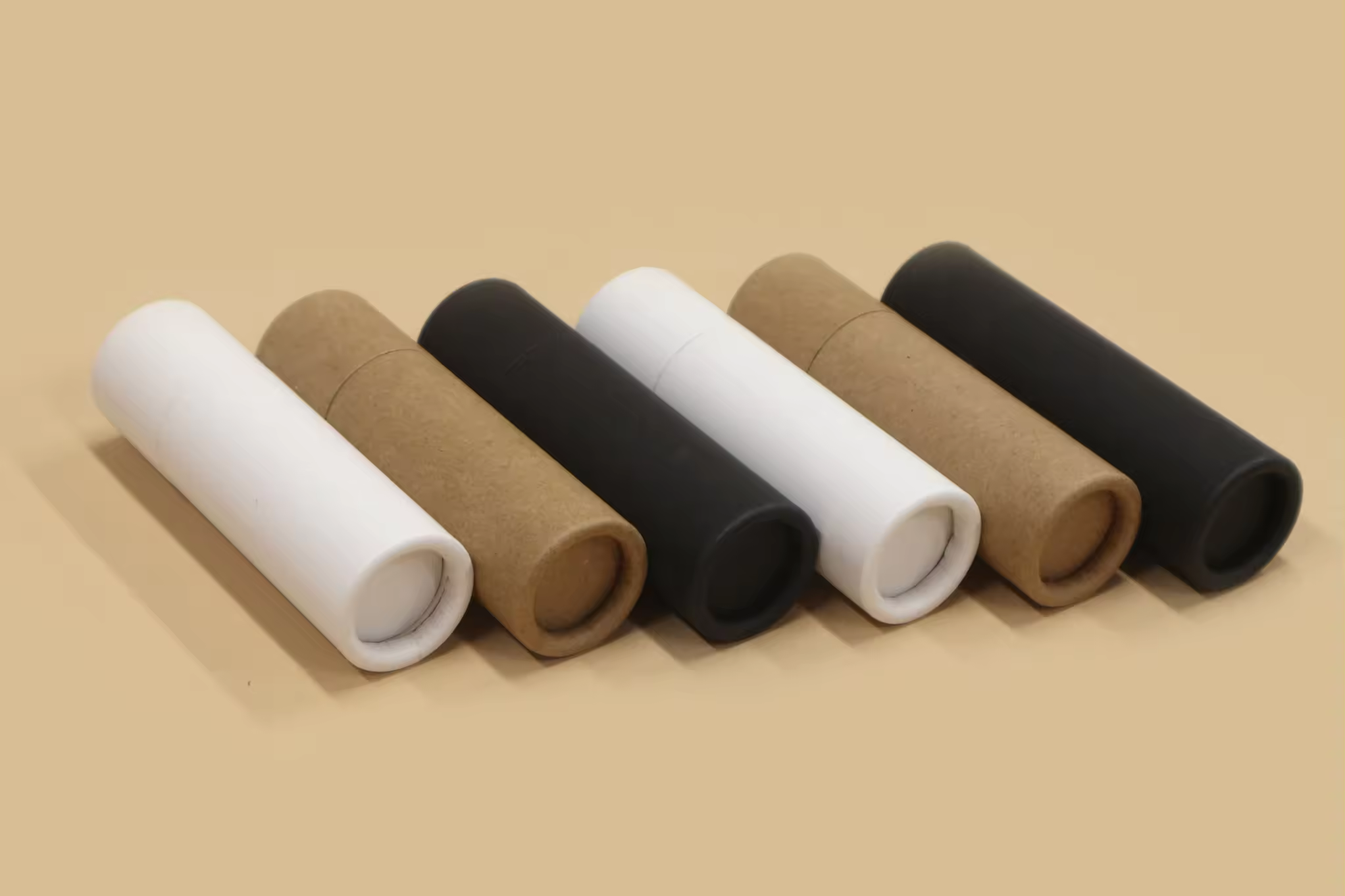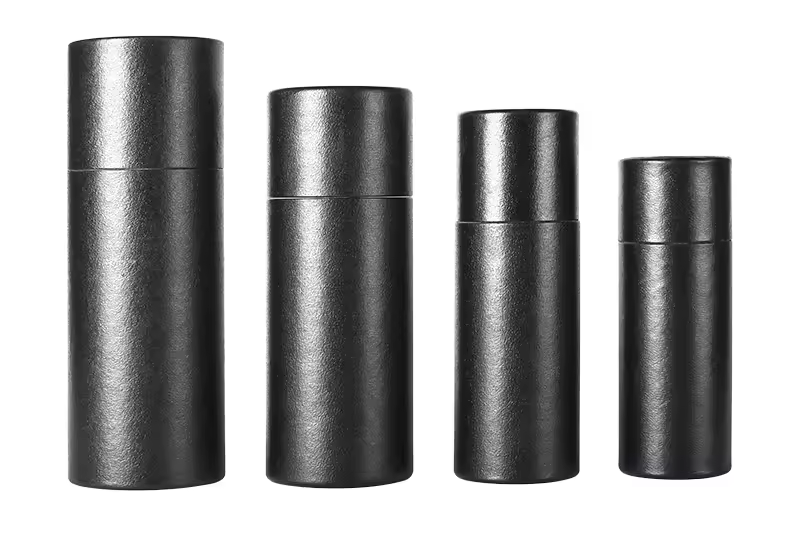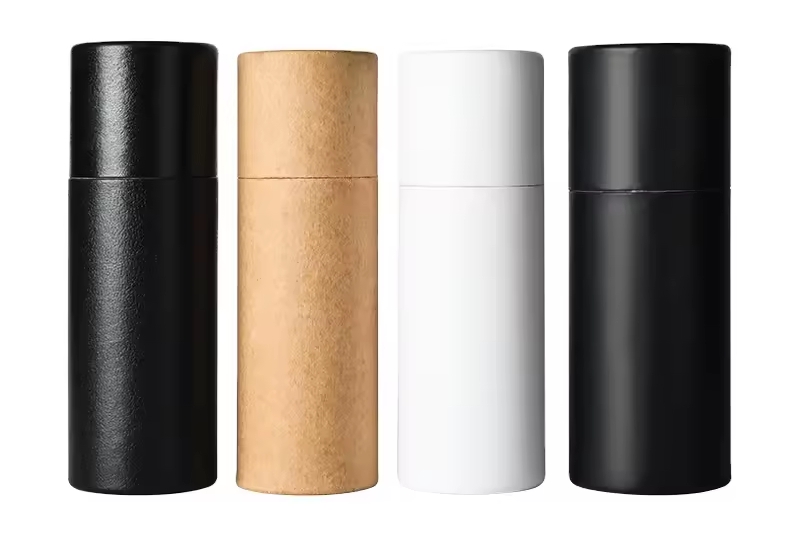
Get In Touch
- [email protected]
- +86 173 180 77353
-
Yantian Port, Yantian District, Shenzhen, Guangdong Province
Postal code: 518085
Paper tubes, often used for packaging and shipping, offer a viable alternative to plastic and metal products, aligning with the growing consumer preference for eco-friendly options. This article explores the sustainable practices involved in the production of paper tubes, highlighting their benefits and the industry’s commitment to reducing environmental impact.

One of the cornerstones of environmentally friendly paper tube manufacturing is the use of recycled materials. Many manufacturers, such as Yazoo Mills, utilize 100% recycled paperboard, primarily sourced from post-consumer waste. This practice not only conserves natural resources but also significantly reduces energy consumption and landfill waste. For instance, every ton of recycled paperboard used can save the equivalent of 14 mature trees, 7,000 gallons of water, and 4,000 kilowatt-hours of electricity.
The manufacturing processes for paper tubes have evolved to become more efficient and less wasteful. Established technologies are continuously refined to minimize energy consumption and waste generation. Manufacturers often recycle all trim and waste produced during the manufacturing process, ensuring that materials are reused rather than discarded. This closed-loop system not only enhances sustainability but also reduces the overall carbon footprint of production.
Another significant advantage of paper tubes is their biodegradability. Unlike plastic, which can take hundreds of years to decompose, paper tubes typically break down within 2-3 months in soil. This characteristic makes them a safer option for the environment, as they do not contribute to long-term pollution in landfills or oceans. Additionally, paper tubes are highly recyclable, allowing them to be repurposed into new products, further reducing the demand for virgin materials.
Manufacturers of paper tubes are increasingly aware of their environmental responsibilities and strive to comply with relevant regulations. For example, they adhere to standards set by the EU Directive on packaging waste, which emphasizes the importance of reducing environmental impact. By following these regulations, companies not only contribute to sustainability but also enhance their marketability among eco-conscious consumers.
While the benefits of paper tube manufacturing are clear, there are challenges to consider. The paper industry is responsible for a notable percentage of greenhouse gas emissions, primarily due to energy-intensive manufacturing processes. However, ongoing research and development are focused on decarbonizing these processes, aiming to mitigate their environmental impact.Moreover, the sourcing of raw materials can raise concerns about deforestation and biodiversity loss, particularly if not managed sustainably. Therefore, it is crucial for manufacturers to prioritize responsible sourcing practices and support sustainable forestry initiatives.

The shift towards environmentally friendly paper tube manufacturing reflects a broader commitment to sustainability within the packaging industry. By utilizing recycled materials, implementing efficient manufacturing processes, and ensuring compliance with environmental regulations, paper tube manufacturers are making significant strides in reducing their ecological footprint. As consumer demand for sustainable products continues to grow, the paper tube industry is well-positioned to meet these expectations while contributing positively to the environment.

Paper tube packaging is an eco-friendly and recyclable packaging option that is suitable for a variety of industries and products. Here’s a detailed overview of its common applications:

High-quality paper tubes have emerged as a powerful tool for enhancing product presentation and appealing to consumers.

In the highly competitive packaging industry, quality assurance (QA) is not just a process—it’s a commitment to excellence that separates premium products from the rest.

Paper tubes are increasingly recognized as a sustainable alternative to traditional plastic packaging.

In a world increasingly aware of environmental issues and the urgent need for sustainable practices, product packaging has come under scrutiny.

In today’s competitive market, packaging plays a crucial role in attracting customers and enhancing brand identity.
Didn’t find what you want?Ask our manager for help!